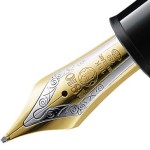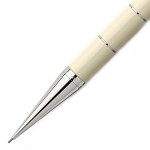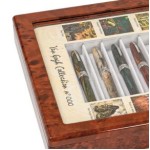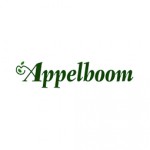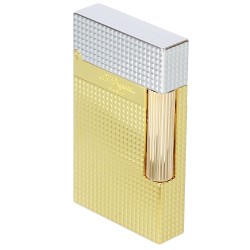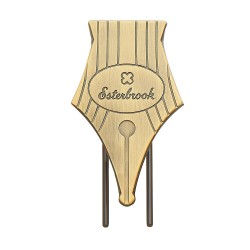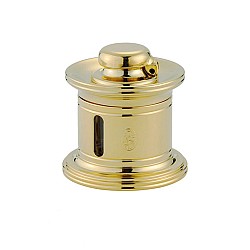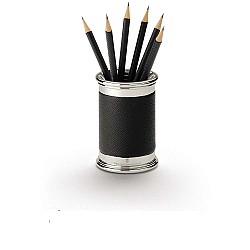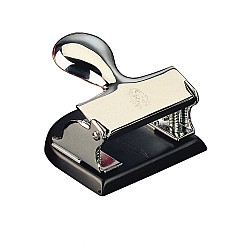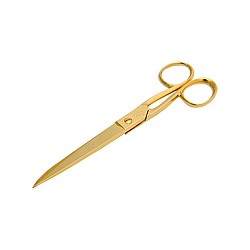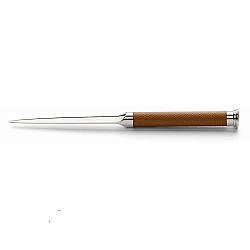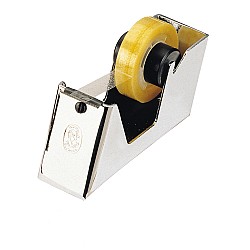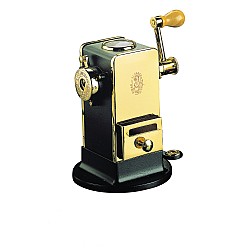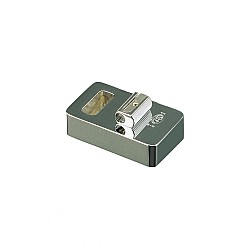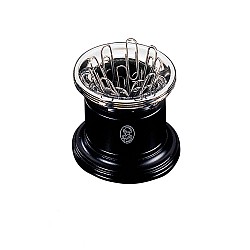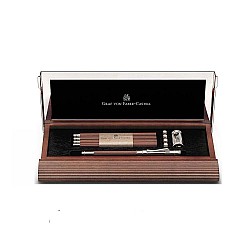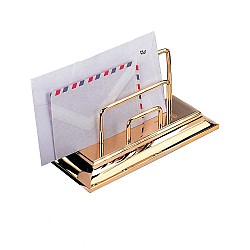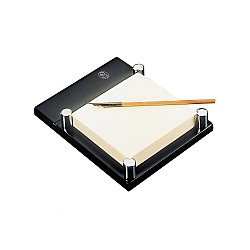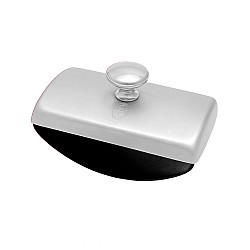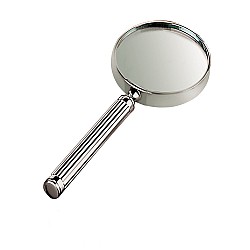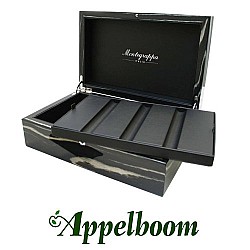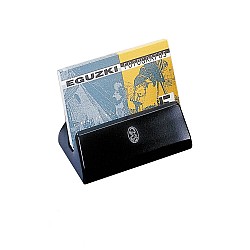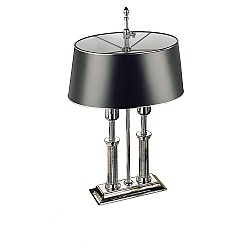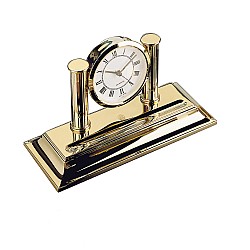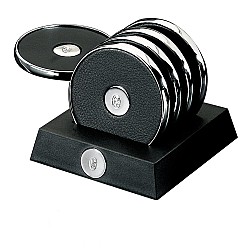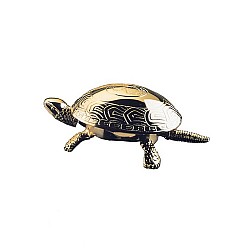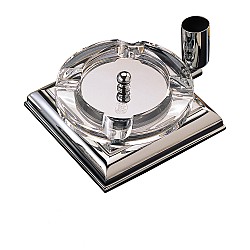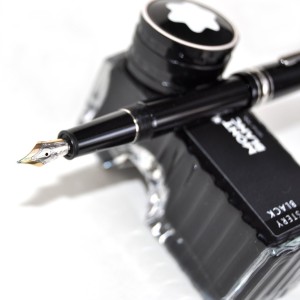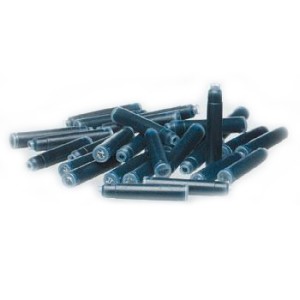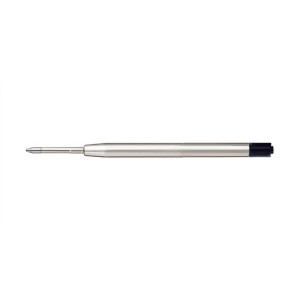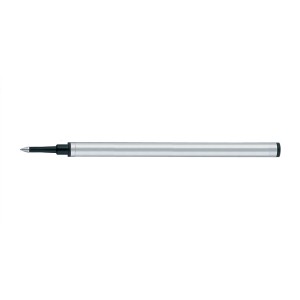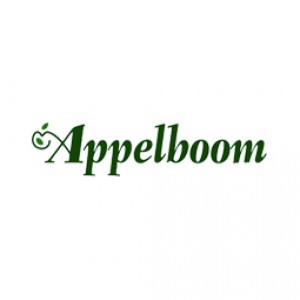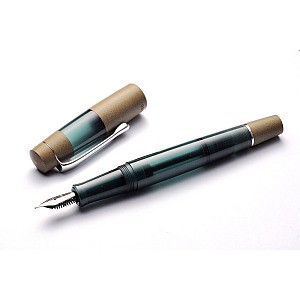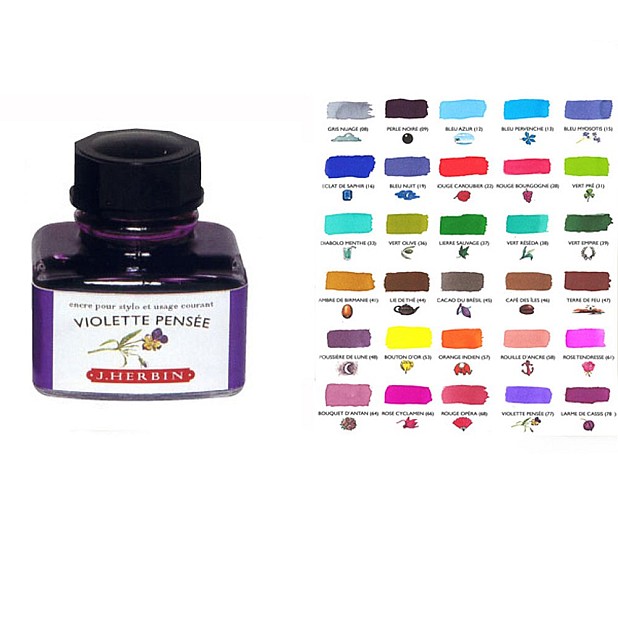

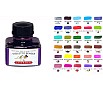
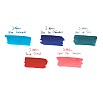
- Stock: In Stock
- Brand: J. Herbin
- Model: Inkt / Ink
Available Options
J. Herbin uses all natural dyes in their fountain pen inks. This natural composition is reflected in the very neutral pH of the inks. The inks come in bottles of 30ml.
From the beginning, J. Herbin distinguished itself from its competitors by offering a wide range of colors for the fountain pen inks. In 2007, 4 new colors were introduced which brought a total of 30 references of various colors. The names chosen for each color are very poetic to preserve the originality of the brand and as a French tradition.
Gris nuage (Cloud gray): a light gray resembling a cloudy sky at sea slightly darkening before the storm. This color also represents the journeys taken at sea by J. Herbin when traveling to India.
Perle noire (Black Pearl): the black ink was the first created by J. Herbin, with an exceptional quality. He gave it the name “Perle Noire” for its preciousness.
Bleu azur (Azure blue): a frank blue for a wandering mind, a dream, an escape to the seas and the Caribbean beaches. A fresh and young color, a reminder of the holidays.
Bleu pervenche (Blue periwinkle): named after the flower of that very same name.
Bleu myosotis (“Forget-me-not” blue): named after the flower of that very same name. Based on the famous legend, a knight and his lady were taking a walk along the river. He bent over to pick up a flower for his lady but lost his balance with the weight of its armor and fell into the river. While drowning he threw the flower at his lady screaming “Forget-me-not”.
Thanks to that legend the myosotis had become the symbol of memory and remembrance. The bleu myosotis is also the closest color to the standard and traditional blue ink used by every French pupil.
Eclat de saphir (Sapphire blue): sapphire is a gemstone. The terminology probably comes from 2 origins: the Greek with “sappheiros” (a stone of blue color) or from the Hebrew “sappir” (the most beautiful thing).
This color is a reminder of J. Herbin and his work at the most prestigious royal courts of Europe.
Bleu nuit (Midnight blue): this is the darkest color after the « perle noire » ink. A color symbol of the sky at night when bursting with stars in the summertime.
Rouge caroubier (Carob seed red): the caroubier is a tree measuring from 5 to 7 meters and can reach 15 meters exceptionally. It is cultivated for its fruit, the carob.
Rouge bourgogne (Red burgundy): this red with a shade of rose is a reference to the French wine of the Burgundy region. These highly renowned wines are soft with a bold color, aromas of red berry, spices, musty forest …
Vert pré (Green prairie): a very fresh green for the spring season, the color of the prairie and the new grass growing right after the end of winter.
Diabolo menthe (Mint lemonade green or Peppermint soda): the name comes from a popular non-alcoholic French beverage made of peppermint syrup and club soda.
Vert olive (Green olive): the color refers to the olive tree, a Mediterranean tree which provides olive oil.
In France, the olive tree is a symbol of the summer holidays, the cicadas and the popular novels of that region from the renowned writer Marcel Pagnol.
Lierre sauvage (Wild ivy green): a very subtle green symbol of nature but also anarchy. Wild ivy is found on the façade of houses and grows without being invited.
Vert réséda (Green reseda or Green mignonette): reseda is a plant famous for its delightful fragrance.
Vert empire (Green Empire): this color represents the proclamation of Napoleon Bonaparte on December 2nd 1804 as the French Emperor at the cathedral Notre-Dame in Paris. Napoleon Bonaparte famously crowned himself Emperor taking the imperial crown (the laurel crown) from the hands of Pope Pie VII to put it on his head. He then crowned his wife Josephine Empress. This scene is depicted in the painting by Jacques-Louis David, Le Sacre de Napoléon (The Coronation of Napoleon).
It was a tradition among the Greeks and the Romans to crown the poets and the winners with a laurel wreath.
In the Middle-Ages it was also a tradition to crown the distinguished scholars at the university with a laurel wreath.
Ambre de Birmanie (Amber of Burma): amber is a fossilized tree resin mainly used as ornaments in the jewelry industry. Worn as jewelry since Antiquity, it was simply added onto a metal chain or skillfully crafted as a pendant.
Lie de thé (Brown tea): subtle brown with soft shades whose name symbolizes the tea from Orient.
Cacao du Brésil (Brazillian brown cocoa): a name symbol of the exotism of the South- American continent and the bitterness of cocoa bean.
Café des îles (Island coffee): a light brown color reminder of the great coffee smell enjoyed at the terrace of a café in a far away island.
Terre de feu (Tierra Del Fuego or Land of Fire): Land of Fire (Tierra del Fuego in Spanish) is the name of an archipelago off the southernmost tip of the South American mainland. Divided between Argentina and Chile, the main island is known as Land of Fire and also composed of a group of smaller islands.
This brown ink has a red tone a reminder of the burnt lands and vast deserts where nothing ever grows.
Poussière de lune (Moondust purple): a very poetic name, the color of the night when only the crescent moon is glowing in the dark.
Bouton d’or (Yellow button gold): this color is related to the flower of the very same name. Based on a children’s game that consist of putting the flower under one’s chin, if the latter becomes yellow it means this person likes butter.
This ink has an intense and bright yellow hue.
Orange indien (Indian orange): this color refers to the numerous travels of J. Herbin in India but also as the country itself, India, a colorful and festive nation.
Rouille d’ancre (Rusty anchor red): this color also refers to the journeys of J. Herbin, when traveling at sea. This color comes from the rust found on the anchor of the boats when moored in one location for a very long time.
Rose tendresse (Tenderness pink): this is the rose of love and the flowers of the same name and symbol of love.
The color represents the feeling of love and also tenderness shared by 2 lovers.
Bouquet d’antan (Bouquet of yesterday pink):It represents a bouquet that can be found at an elderly’s house.
The color is the symbol of nostalgia of the time that has gone by.
Rose cyclamen (Cyclamen pink): this color is also a flower from the very same name. A bold pink with a light touch of purple.
Rouge opéra (Red opera): this is the red of passion, the passionate love from an opera. The design of the fan, a reminder of the Spanish flamenco and also synonym of passion.
Violette pensée (Pensive violet): this color is also a flower from the very same name.
Since Napoleon I, French pupils used violet ink color, the least expensive color. This ink was made of methyl-violet, also used to disinfect wounds.
Larmes de cassis (Tears of blackcurrant): this ink with a dark purple hue is the symbol of grievance and penitence (Tears).
J. Herbin is the oldest name in pen inks in the world. M. Herbin created “The Jewel of Inks” in his shop on the Rue des Fosses Saint-Germain in Paris in 1700.
-
73.53%
-
20.59%
-
5.88%
-
0%
-
0%
Reviews Over J. Herbin Perle des Encres Ink - 30ml Ink Bottle (35 colors)
- (4.68)
Total Reviews (34)
click here write review to add review for this product.
-
(4.76)
-
(4.76)
-
(4.88)






